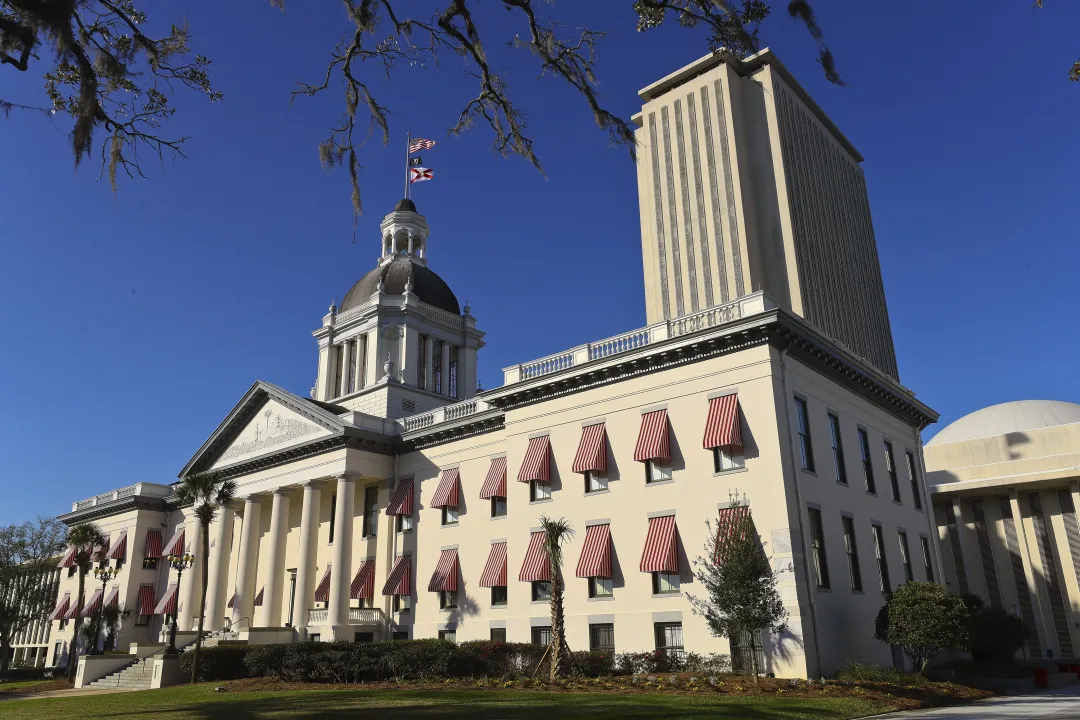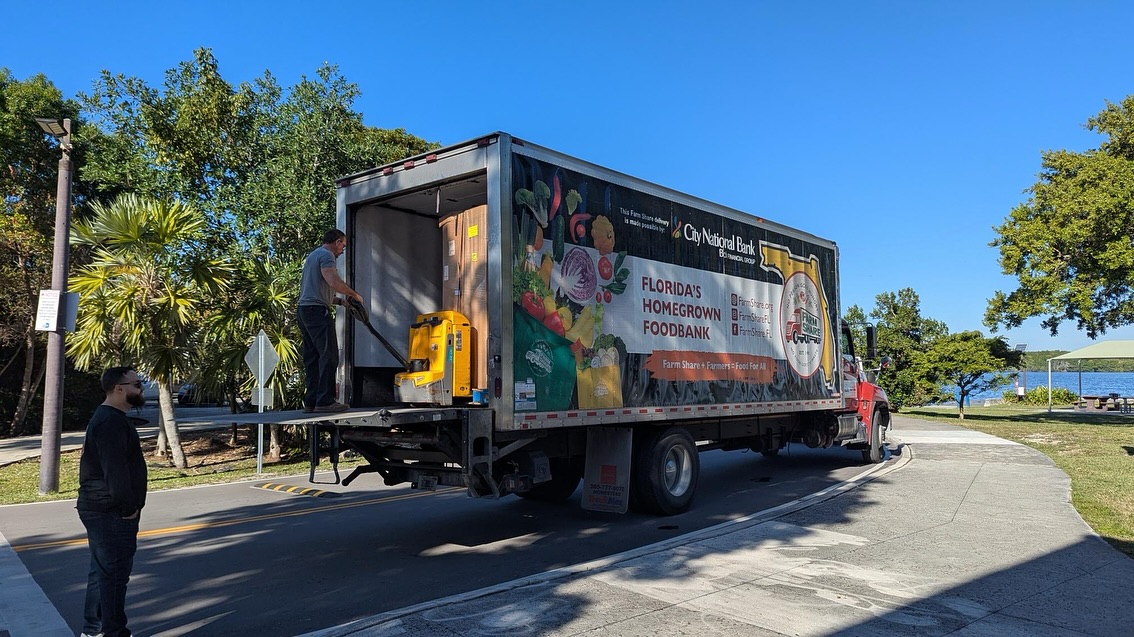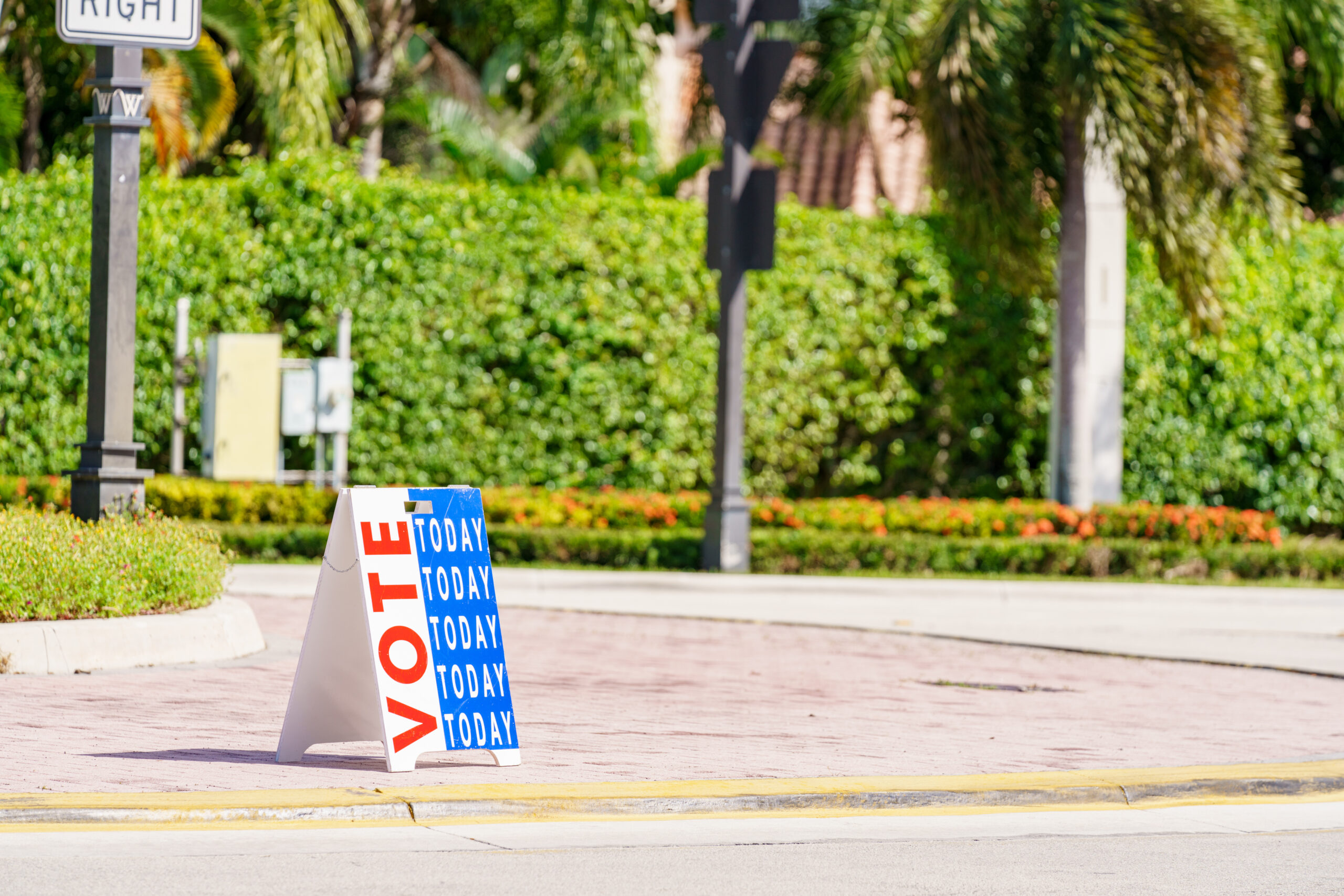The House Human Services Subcommittee unanimously advanced mental health legislation that seeks to expand programs and establish policies to ensure mental health evaluations are part of probation conditions.
The bill (HB 1207) known as the “Tristan Murphy Act,” was presented by Eustis Republican Rep. Nan Cobb, who detailed the events that led Tristan Murphy, who suffered with mental illness, to take his own life.
“Tristan had been struggling with mental illness,” Cobb said. “He had been in and out of jail for numerous things. The crowning blow, I think, for Tristan, was the night that he drove his pickup truck into a lake in front of the Sheriff’s Office in Charlotte County, and he was charged with littering with over 500 pounds. He caught a three-year felony, and they took a paranoid schizophrenic, and they put him in isolation for 117 days.”
Cobb said that Tristan was put into a work crew once he was let out and had not carried on with his treatment.
“Once they got him out, they got him into competency restoration, which should have been within 15 days, and it was not,” Cobb said. “They finally got him competent. And when he came back, he was put on a work crew. Instead of having his treatment, they put him on a work crew, and they gave him a chainsaw. Tristan took his life with a chainsaw to try to decapitate himself.”
Cobb explained the bill would expand grants that support intervention programs and diversion initiatives to include training for 911 operators, EMS technicians and Veterans Treatment Court programs.
The bill would further expand the use of criminal justice, mental health and substance abuse reinvestment grant program funds, while exempting constrained counties from certain grant requirements.
The Department of Children and Families would be authorized to implement a forensic hospital diversion pilot program in Hillsborough County in conjunction with the 13th Judicial Circuit. The bill also provides model processes for both misdemeanor and nonviolent felony mental health diversion programs.
“It authorizes a court to make a mental health evaluation and any resulting recommendations, conditions of probation in certain circumstances, a state attorney has the sole discretion on who enters into the program and dismissal of charges upon completion,” Cobb explained.
“It establishes the Florida Behavioral Health Care Data Repository within the Northwest Regional Data Center to help compile mental health data securely and coordinate between relevant state agencies.”
The Department of Corrections would also be required to evaluate the physical and mental health of each inmate eligible for work assignments or correctional programs prior to the final assignment.
Barney Bishop, from Florida Smart Justice Alliance supported the bill and said it builds on already existing programs.
“Representatives, this is similar to the juvenile civil citation program, which has been around here in Florida for over 25 years,” Bishop said. “Gives an opportunity for people to be diverted and to seek treatment. So, a pilot program like this is extremely important.”
Bishop added that because people are not institutionalized in hospitals, something that has not happened for around 20 years, there needs to be a new model to treat mental health, and thanked Cobb for bringing the bill forward.
“This is an important project,” Bishop said. “We fully support this. Hope you’ll vote it up. It’s the right thing to do, and it will hopefully lead to more pilot programs, or once this pilot program is proven successful, then we’ll have a plethora of more facilities and programs around the state to help serve this important population.”
Post Views: 0

 Entertainment8 years ago
Entertainment8 years ago
 Politics8 years ago
Politics8 years ago
 Entertainment8 years ago
Entertainment8 years ago
 Entertainment8 years ago
Entertainment8 years ago
 Tech8 years ago
Tech8 years ago
 Tech8 years ago
Tech8 years ago
 Tech8 years ago
Tech8 years ago
 Politics8 years ago
Politics8 years ago











